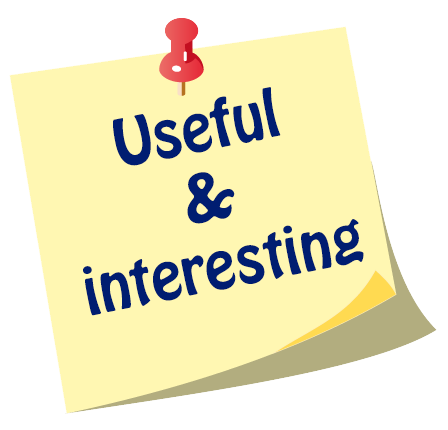
This project promotes open access materials and has been funded with support from the European Commission - Erasmus+ program. These materials reflect the views only of the author, and the Commission cannot be held responsible for any use which may be made of the information contained therein.
[Project Number: 2016-1-HR01-KA201-022159]
![]()
Title of Activity
Project Billy
Description of educational activity
Duration: 90 minutes
Pupils’ age: 15-19
Organization of the class of pupils: individual/group work
The aim of the lesson: The aim of the lesson is to improve the reading literacy of the students. Another goal is to realize the difference between the real world and the world people live on the internet and social networks.
Support materials: The text of the story, ID cards forms.
Activities:
- What does it mean when we say that somebody is living a double life?
- Do you know any characters from literature or film living double lives? Describe them. Why do they live like that?
- The students read the text. How many characters are there in the excerpt? What do you know about them from the text?
- Describe the characters. Where are they?
- Take the first part (Andy) and rewrite it as a dialogue. Read it aloud.
- Prepare three living pictures illustrating your dialogue.
- What is the relationship between the individual characters like?
- Who is Chris talking to in the second paragraph?
- Is it possible that Andy, Chris and Billy are living double lives? Explain.
- What exactly is the actual Project Billy about? Describe your idea.
- Try to feel in Billy and write down the missing part of the text – Billy’s inner monologue.
- ID cards. Create your own second identity. Where are you going to use it and why?
- Are you living your “second life” on the internet and social networks?
- Why do you think that some people escape from their real lives to the virtual reality. Do you think it is right? Why? Why not? Does it involve any kind of risk or danger?
Evaluation and assessment method: Throughout the lesson, ensure that all students are involved in the discussion and participate in the group work. In order to evaluate and assess the effective impact of the previous activities upon the students, they are asked to write down a short chapter on behalf of the last character - Billy.
Effect of the activity on RSP reading: Motivating students using a text including slang expressions and vulgarisms – the language of their everyday life. The environment of the internet and school should be close to their apprehension. Teachers can organize reading instruction to develop self-efficiency, competence, and engagement in teenage students.
Connection to curriculum
Grade: 1 – 4 grade of secondary studies
Curriculum: The study of literature is focused on reading and comprehending literary texts of historical and cultural importance and relevancy either in the world or Czech literature. Students are taught to work with texts and information in different ways, to adopt the processes of analysis, synthesis, induction, deduction, generalization, abstraction, specification, comparison, organization, selection. The students should be able to interpret, summarize and evaluate the texts.
Knowledge:
- Understand the stages of development of a hero
- Develop reading fluency
- Improve reading comprehension
- Organise information in a specific way
Skills:
- Distinguish reality and fantasy
- Make predictions, deductions
- Compare and contrast
- Summarize
- Work effectively in groups, respecting others
Competences:
- Make connections between fiction and real life or personal experiences
- Be able to visualise material read
- Follow specific instructions and conventions
- Support and justify an opinion
Bibliographic reference to be used during the activity
Kharms Daniil
Incidences
Publisher: not published
Digital resources
The full text can be found on http://danielcharms.com/charms/plays/play1.html and a video on https://www.youtube.com/watch?v=Sx21o6GRAfw.
Results
The expected outcomes of the lesson are:
- The students will be able to create illustrations of the text.
- The students recognize and are aware of the difference between the reality and fantasy (virtual reality).
- The students can see the risks of escaping to the virtual reality of the internet and the social networks.
- To offer observations, make connections, speculate, interpret, and raise questions in response to the excerpts.
Recommendations
Both the teaching method and the text can help in increasing students’ interest in reading. This text promotes three characters not far away from the students’ perception of everyday life. The teacher monitors the students so as to make sure they cooperate effectively.
Contact
X gimnazija ''Ivan Supek''
Ul. Vjekoslava Klaića 7
10000
Zagreb
E-mail: partners@handbook4rspreaders.org










